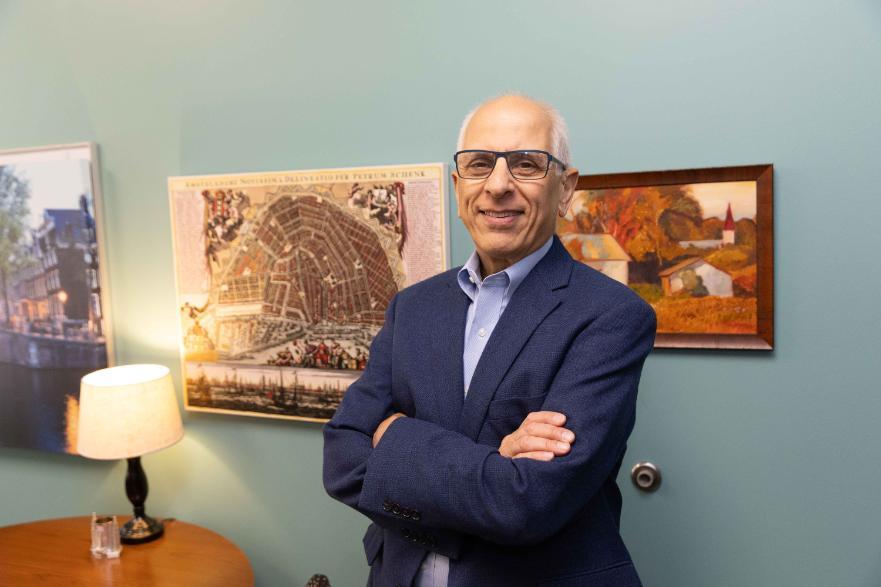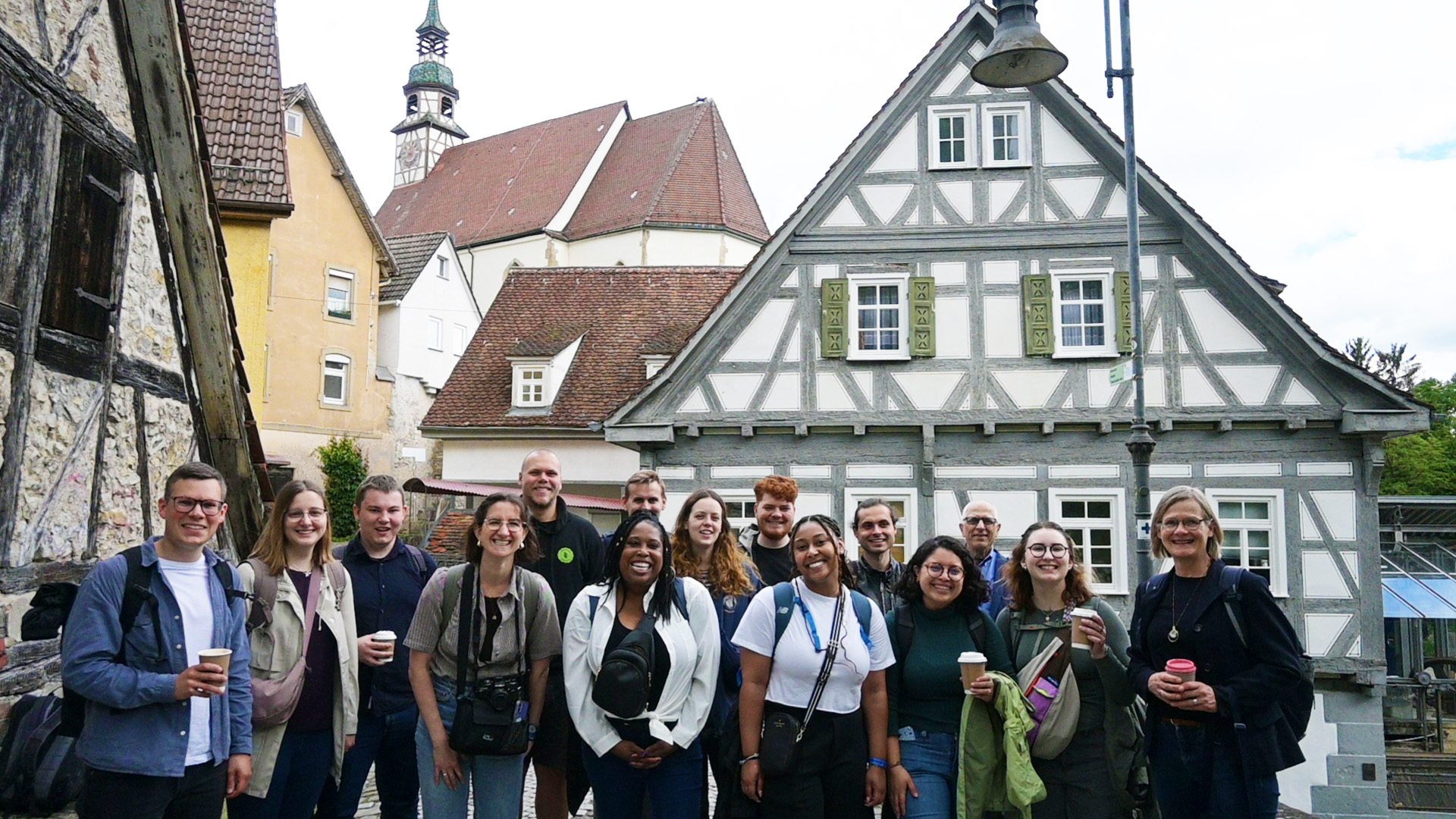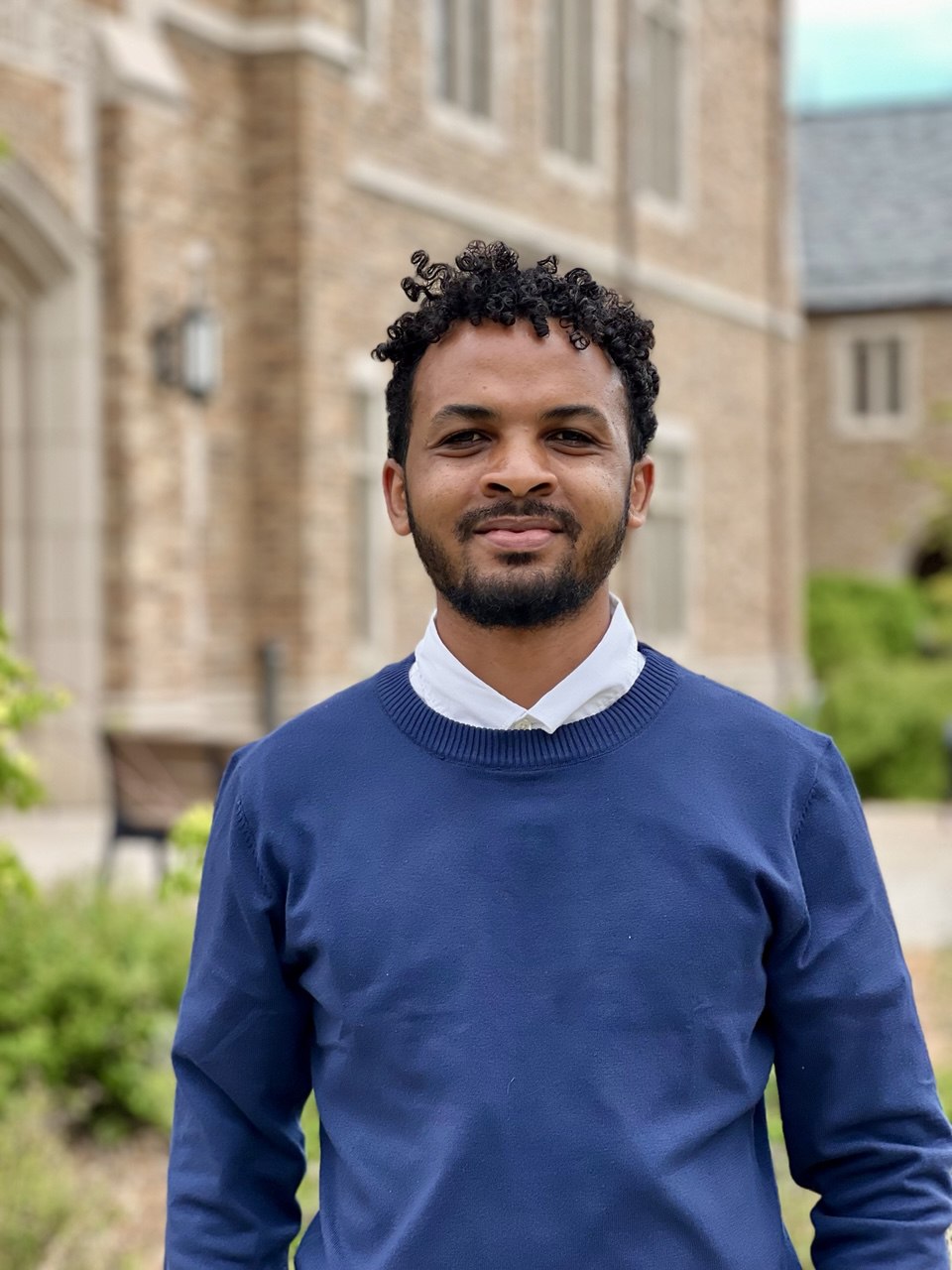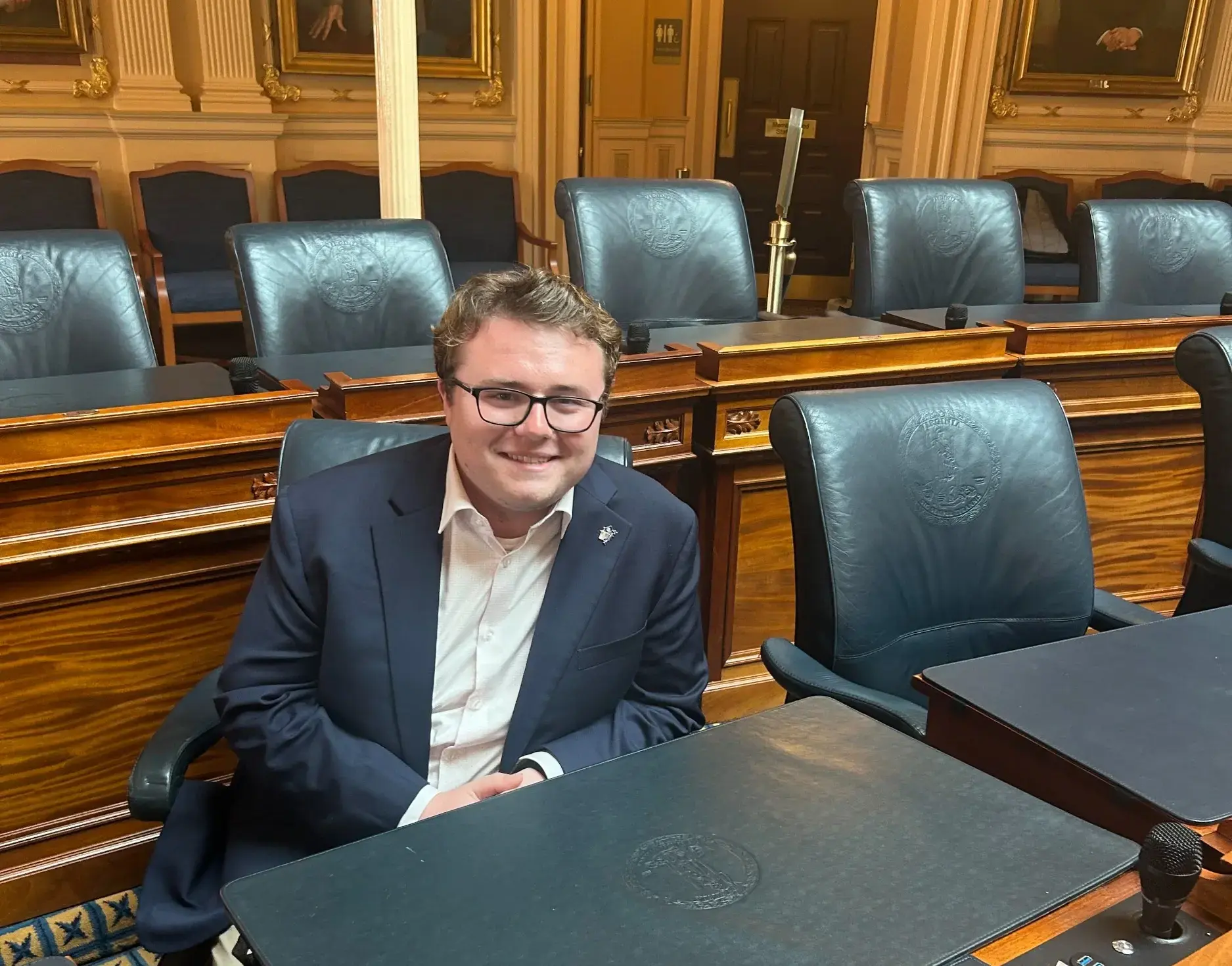A classroom without borders. A seminar with global stakes.
That’s the vision behind the Trans-Atlantic Seminar, a joint study-education abroad program led by John Accordino, Ph.D., professor of urban and regional planning at the VCU L. Douglas Wilder School of Government and Public Affairs. The program pairs Wilder School students in urban and regional planning, as well as public administration, with peers from Rhineland-Palatinate Technical University in Germany to tackle complex urban planning challenges, together and in real time.
“If these were easy problems, someone would’ve solved them already,” Accordino tells his students on day one. Instead, the seminar immerses them in what planners call “wicked problems,” issues like historic preservation, climate adaptation and economic revitalization, across two very different societal contexts.
A global classroom tackling local problems
Launched in 2013, the seminar brings together a small group of students from each university for a three-week, intensive summer experience spanning two countries and one travel week in between. American and German students are placed in mixed teams, collaborating from 9 a.m. to 5 p.m. daily through site visits, lectures and applied group work.
Each seminar is organized around a shared planning theme. Students analyze how each country approaches the same issue, uncovering policy differences, cultural influences and opportunities for mutual learning. They keep daily learning logs, prepare analytical papers and present final group recommendations to a panel of professors and professionals.
In 2024, the theme was “Building Resilient Communities in the Face of Climate Change,” using Richmond’s Shockoe Bottom and Stuttgart, Germany, as case studies. Both cities face intensifying heat and flooding, but also carry the weight of history. In Shockoe, the former site of Lumpkin’s Jail and a major slave market, preservation is sacred. In Stuttgart, centuries of heritage shape the urban core.
“You can’t treat it like a greenfield site—it’s not,” Accordino said. “How do you respect that history appropriately and also deal with intense heat and water vulnerability? That’s what planners call a wicked problem.”
After preparatory study, walking tours and consultations with Mr. Tom Jacobson, an instructor in the MURP program, planners from the city of Richmond and Plan RVA, as well as professors and planning practitioners in Stuttgart, student groups drafted resiliency strategies that accounted for both climate risk and cultural memory.
Earlier iterations of the seminar tackled economic revitalization. In 2013, students explored regional development through tourism, comparing Virginia’s Crooked Road with Germany’s Porcelain Road, each a cultural corridor once tied to a now-declining industry.
“The idea was for students to see how two societies use cultural heritage to spark development. What are the structures behind it? Who manages the planning? What challenges do they face? What can they learn from each other?"
– John Accordino
Breaking stereotypes, expanding perspectives
Beyond planning theories and case studies, the seminar is an exercise in cross-cultural humility.
“It has always made me very happy that we start out with stereotypes of the other, like Germans thinking Americans live in their cars,” Accordino said. “But by the end, they realize: I can’t learn everything about another culture from a newspaper. I have to be there.”
For many students, it’s a turning point. They don’t just trade ideas. They rethink how they see the world and their place in it. They learn that planning is never one-size-fits-all and that the best solutions come from listening first.
“The goal is not to teach students that one country’s approach is better,” Accordino said. “It’s to sharpen their lens and expand their sense of what’s possible.”
Why Germany and why it sticks
Germany’s differences make it an ideal comparative partner. Its planning system is structured through integrated, national-state-local processes, in contrast to the more decentralized U.S. model. It’s also more compact—the size of Montana—but with a social market economy that offers useful contrasts for students raised in an American, laissez-faire context.
“The two societies are very similar in many respects, but different in key ways, and those differences are where the real learning happens,” Accordino said.
For Accordino, the seminar has personal roots.
He encourages all students to explore the numerous international opportunities offered through VCU’s Global Education Office, where scholarships and support for education abroad are available.
“I decided to become an urban planner after living and working in Germany for two years. It opened my eyes, not just to how cities elsewhere are set up, but to how little I knew about my own.”

Professor John Accordino. Photo: David Slipher/VCU Wilder School



